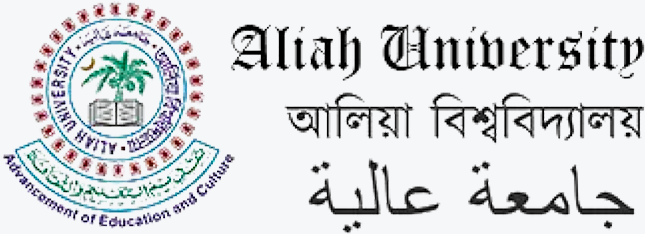Journal of Educare
Published by Department of Education
Volume-2 Issue-1, 2025
Published By: Dept. of Education, Aliah University
Published By: Dept. of Education, Aliah University
TAGORE’S GURUKUL VS. CHATGPT: A COMPARATIVE STUDY OF RABINDRANATH TAGORE’S EXPERIENTIAL LEARNING AND AI-ERA EDUCATION
Affiliation:Belda College, Paschim Medinipur, West Bengal
Author(s): Sahin Sahari & Aerum Khan
Corresponding Author Email:sainsahari@gmail.com
ISSN No: 3048-9652 (Online)
Year: June, 2025 | Volume: 2 | Issue: 1 | Page No: 37-47
Experiential learning, Tagorean pedagogy, AI in education, ethical technology, digital divide, decolonial education.
This study interrogates the adaptability of Rabindranath Tagore’s experiential learning model—rooted in India’s Gurukul tradition and emphasizing creativity, nature, and mentorship—to an era dominated by AI tools like ChatGPT. Through a comparative analysis of Tagore’s pedagogical principles (drawn from primary texts and scholarly critiques) and contemporary EdTech trends, supplemented by case studies of hybrid initiatives at Visva-Bharati University, the research evaluates synergies and tensions between humanistic education and algorithmic efficiency. Findings reveal that while AI enhances personalized learning and global collaboration, echoing Tagore’s vision of a “world classroom,” it risks perpetuating biases, eroding empathy, and exacerbating digital inequities, mirroring colonial-era disruptions of indigenous pedagogies. The study argues for a balanced integration where AI supplements, rather than supplants, experiential and ethical learning, prioritizing teacher-student relationships and ecological awareness. By proposing a “digital Shantiniketan” framework, this work contributes to decolonial discourse, advocating for culturally rooted, equitable education that harmonizes technological innovation with Tagore’s enduring ideals of holistic human development.

